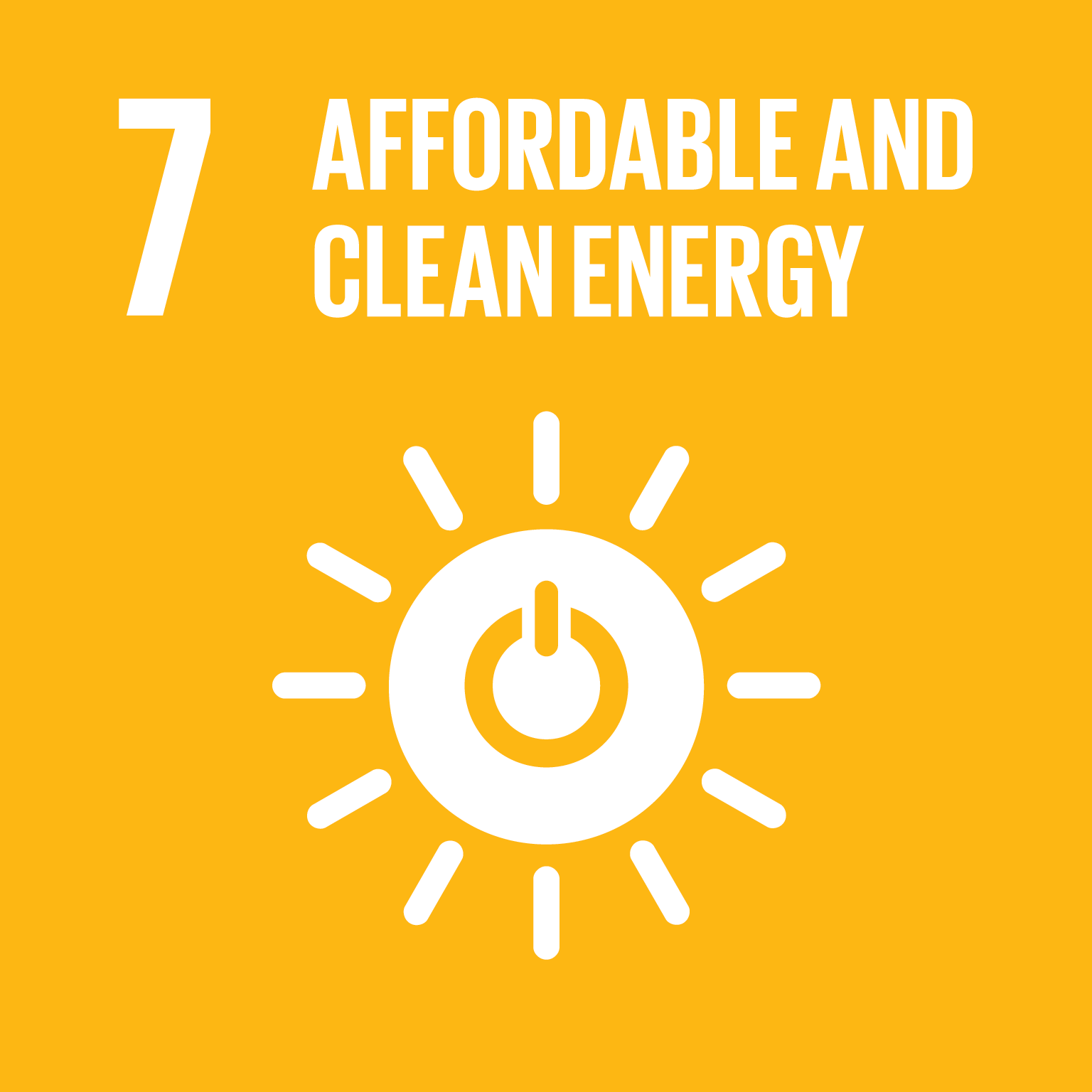Global Civil Society & the UN Sustainable Development Goals
Goal 7: Ensure access to affordable, reliable, sustainable and modern energy
Goal 7 is about ensuring access to clean and affordable energy, which is key to the development of agriculture, business, communications, education, healthcare and transportation.
The world continues to advance towards sustainable energy targets – but not fast enough. At the current pace, about 660 million people will still lack access to electricity and close to 2 billion people will still rely on polluting fuels and technologies for cooking by 2030.
Our everyday life depends on reliable and affordable energy. And yet the consumption of energy is the dominant contributor to climate change, accounting for around 60 percent of total global greenhouse gas emissions.
From 2015 to 2021, the proportion of the global population with access to electricity has increased from 87 per cent to 91 per cent.
Ensuring universal access to affordable electricity by 2030 means investing in clean energy sources such as solar, wind and thermal. Expanding infrastructure and upgrading technology to provide clean energy in all developing countries is a crucial goal that can both encourage growth and help the environment.
| Name | Acronym | Founded | City HQ | Country/Territory HQ | Type I | Type II |
|---|---|---|---|---|---|---|
Energy and Resources Institute |
TERI | 1974 | Delhi | India | G | j |
Energy Charter Conference |
1994 | Brussels | Belgium | E | gy | |
Energy Charter Protocol on Energy Efficiency and Related Environmental Effects |
1994 | T | g | |||
Energy Charter Treaty |
ECT | 1994 | Brussels | Belgium | T | g |
Energy Cities |
Besançon | France | E | |||
Energy Community |
2005 | Vienna | Austria | E | g | |
Energy Council of the Americas |
ECOTA | N | b | |||
Energy Efficiency in Industrial Processes |
EEIP | Brussels | Belgium | F | t | |
Energy Efficiency Industrial Forum |
EEIF | Brussels | Belgium | F | yt | |
Energy Industries Council |
EIC | 1943 | London | UK | J | t |
Energy Innovation Center TESLIANUM |
EIC TESLIANUM | Belgrade | Serbia | G | ||
Energy Institute |
EI | 2003 | London | UK | G | jy |
Energy Peace Partners |
EPP | Sausalito CA | USA | G | ||
Energy Poverty Action |
EPA | Midrand | South Africa | E | ||
Energy Regulators Association of East Africa |
EREA | 2008 | Arusha | Tanzania UR | D | |
Energy Regulators Regional Association |
ERRA | 2000 | Budapest | Hungary | D | |
Energy Technologies Europe |
2001 | Brussels | Belgium | D | ||
Energy Traders Europe |
1999 | Amsterdam | Netherlands | D | t | |
Energy Transitions Commission |
ETC | 2016 | C | v | ||
Energy Union |
Brussels | Belgium | E | g | ||
Energy Watch Group |
EWG | 2006 | Berlin | Germany | J | |
Energy-Economic Information System for the Latin American and Caribbean Region |
1973 | Quito | Ecuador | K | g | |
Energypact Foundation |
2007 | Vienna | Austria | F | f | |
Engineers Without Borders International |
EWB International | 2002 | Denver CO | USA | F | |
Entrepreneurs du Monde |
1998 | Lyon | France | G | ||
Envirofit International |
2003 | Fort Collins CO | USA | N | ||
Environment and Development Resource Centre |
EDRC | 1991 | Overijse | Belgium | G | v |
Environmental Coalition on Standards |
ECOS | 2001 | Brussels | Belgium | D | y |
Environmental Foundation for Africa |
EFA | 1992 | Freetown | Sierra Leone | G | f |
Environmental Law Institute |
ELI | 1969 | Washington DC | USA | G | |
Environmentalists for Nuclear Energy |
EFN | 1996 | Houilles | France | G | |
EPIC-Africa |
2017 | Fann-Dakar | Senegal | J | ||
ePURE |
2010 | Brussels | Belgium | D | t | |
ESMIG |
2008 | Brussels | Belgium | D | t | |
ETIM International |
2009 | Margraten | Netherlands | E | ||
ETIP Smart Networks for Energy Transition |
ETIP SNET | Brussels | Belgium | F | ||
eu can aid |
ECA | 1968 | Brussels | Belgium | F | |
EU ProSun |
Brussels | Belgium | J | |||
EU Umweltbüro |
1994 | Vienna | Austria | G | ||
EU-ASEAN Business Council |
EU-ABC | 2011 | Singapore | Singapore | E | |
Euclid Network |
2007 | The Hague | Netherlands | E | ||
Euclid University |
EUCLID | 2008 | Bangui | Central African Rep | F | g |
EUCOBAT |
2011 | Brussels | Belgium | D | ||
EUMICON |
2012 | Vienna | Austria | D | ||
EUniverCities Network |
EUniverCities | 2012 | F | |||
Eurasia Foundation of Central Asia |
EFCA | 2005 | Almaty | Kazakhstan | G | f |
Euratom Supply Agency |
ESA | 1957 | Luxembourg | Luxembourg | F | g |
EUREC |
1991 | Brussels | Belgium | E | ||
Euro Clean Oceans |
ECOA | 2004 | E | y | ||
EUROCITIES |
1986 | Brussels | Belgium | F |
